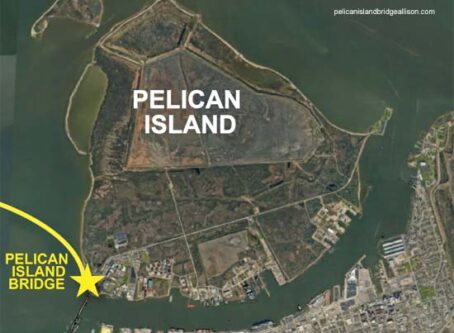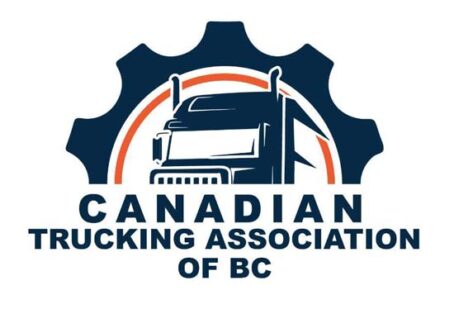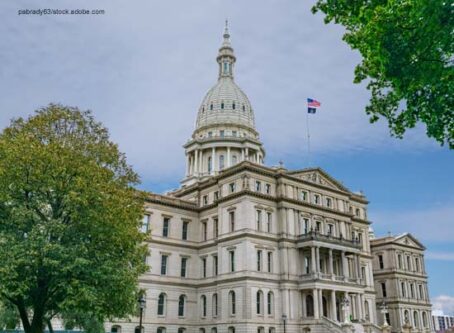Democrats in House, Senate push for sleep apnea final rule
Bills in the House and Senate aim to force the U.S. Department of Transportation to push through a final rule that would require testing of obstructive sleep apnea for truck drivers and railroad workers.
Last week, Rep. Bill Pascrell, D-N.J., introduced a bill in the House that would “require the Secretary of Transportation to publish a final rule to provide for the screening, testing, and treatment for sleep disorders of individuals operating commercial vehicles.” Rep. Albio Sires, D-N.J., co-sponsored H.R. 3882.
In addition to the House bill, Sen. Cory Booker, D-N.J., introduced S. 1883. Like Pascrell’s bill, the legislation would force the Federal Motor Carrier Safety Administration and Federal Railroad Administration to create a sleep apnea testing mandate. However, the full text of Booker’s bill, which was co-sponsored by Sens. Robert Menendez, D-N.J., and Chuck Schumer, D-N.Y., still hadn’t been released as of Tuesday, Oct. 3. The Senate legislation, which should be released on Wednesday, is expected to mirror Pascrell’s bill.
Specifially, H.R. 3882 would require no later than a year after enactment the administrators of the FMCSA and FRA to “complete the rulemaking process and publish a final rule” regarding a March 2016 advance notice of proposed rulemaking on sleep apnea.
In March 2016, the FMCSA and FRA joined together to compile data to see if a proposed rule regarding sleep apnea testing was necessary. The FMCSA held three public listening sessions on the topic and received hundreds of comments from truck drivers, fleet owners and medical professionals.
Many truck drivers spoke out against any potential rulemaking.
“The required testing of sleep apnea for commercial motor vehicle drivers puts an unfair cost burden on the driver is discriminatory toward one class of driver,” Christopher Stanton wrote.
According to an article in Forbes, the sleep disorder industry brought in $7.1 billion in 2015 and is on pace to hit the $10 billion mark by 2020.
Others argued that sleep apnea is not the main factor in fatigue.
“Sleep apnea is not causing driver fatigue,” Tim Hill wrote. “The current hours of service rules requires drivers to drive when they are fatigued. At one time, drivers were allowed to split their 10 hours duty time, allowing them to take a nap if they got fatigued without going against their driving time. Today, once a driver starts his on-duty time, he cannot take a break without it affecting his on-duty time, thus affecting his ability to drive and earn money. This forces a driver to drive tired. It is that simple.”
The Owner-Operator Independent Drivers Association issued formal comments, citing reports that show there is insufficient data to show a relationship between moderate-to-severe obstructive sleep apnea and increased crash risk. A survey released by the American Transportation Research Institute found that 53 percent of drivers pay out of pocket for sleep studies, meaning a mandate would be a heavy burden on truck drivers.
After all of the comments and data were received, the FMCSA released a report in July that said the agency “has determined there is not enough information available to support moving forward with a rulemaking action, and so the rulemaking will be withdrawn.” The withdrawal was made official in August.
Pascrell, as well as the other sponsors of the bill, have been outspoken since the announcement of the decision by the FMCSA and FRA.
“Reducing fatigue-related accidents is at the top of the National Transportation Safety Board’s most-wanted list of transportation safety improvements, and we now know that fatigue may have been a contributing factor in catastrophic rail accidents in Hoboken and Brooklyn,” Pascrell said in a news release.
According to the NTSB’s own findings, however, there have been only 10 fatality crashes in the past 17 years that consider sleep apnea as the probable cause. Only two of those 10 involved heavy-duty trucks, while one was a motor coach, and the other six were train crashes. The heavy-duty truck crashes were in 2000 and 2009.
Since FMCSA and the FRA had never issued a proposed rule mandating sleep apnea testing, it is unclear what exactly the final rule would require.
“The withdrawal came after more than a yearlong review of the March 2016 advance notice of proposed rulemaking,” said Jay Grimes, OOIDA manager of federal affairs. “We certainly have not seen any new evidence since the withdrawal or really any conclusive data at all, showing a link between obstructive sleep apnea and higher crash risk for commercial motor vehicle drivers.”









